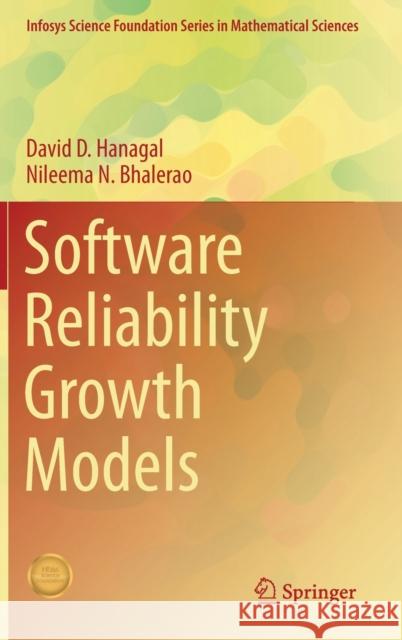Software Reliability Growth Models » książka
topmenu
Software Reliability Growth Models
ISBN-13: 9789811600241 / Angielski / Twarda / 2021 / 104 str.
Software Reliability Growth Models
ISBN-13: 9789811600241 / Angielski / Twarda / 2021 / 104 str.
cena 618,61
(netto: 589,15 VAT: 5%)
Najniższa cena z 30 dni: 611,05
(netto: 589,15 VAT: 5%)
Najniższa cena z 30 dni: 611,05
Termin realizacji zamówienia:
ok. 30 dni roboczych.
ok. 30 dni roboczych.
Darmowa dostawa!
Kategorie:
Kategorie BISAC:
Wydawca:
Springer
Język:
Angielski
ISBN-13:
9789811600241
Rok wydania:
2021
Wydanie:
2021
Ilość stron:
104
Waga:
0.36 kg
Wymiary:
23.39 x 15.6 x 0.97
Oprawa:
Twarda
Wolumenów:
01
Dodatkowe informacje:
Wydanie ilustrowane











